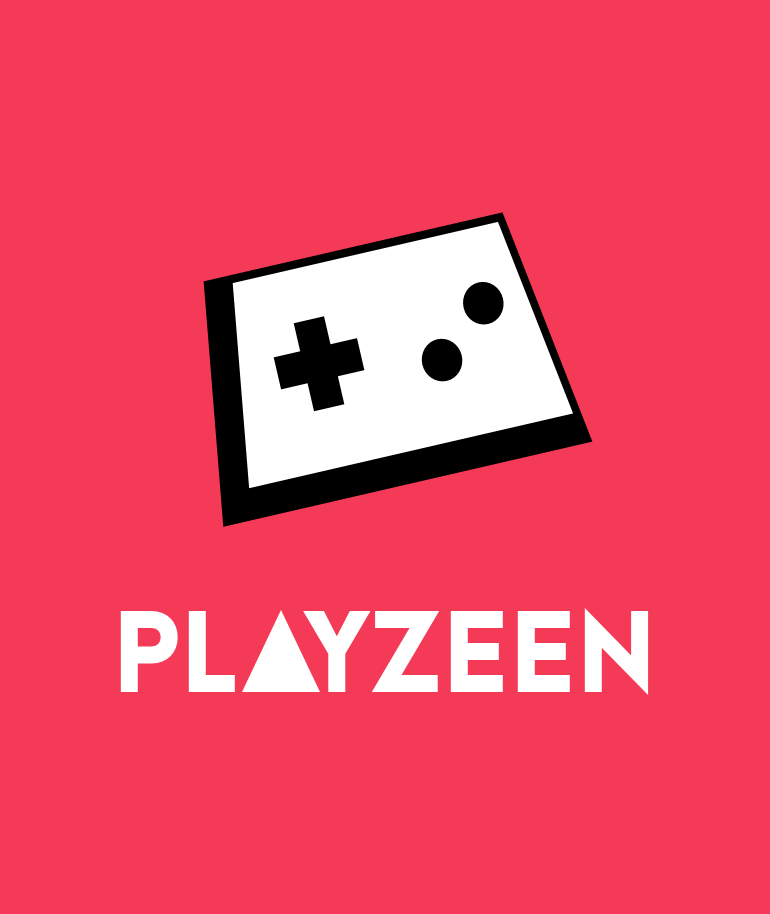NXNEi Session: The Future of the Music Industry
Moderator: Medina Abdelkader (@medinaeve)
Panel Members: Alan Cross (@alancross), Jake Gold (@Jake0458), Richard Thomas (@kineticcafe)
As Madonna once sang, “music makes the people come together.” This line was part of a chorus from the lead single of her album, Music, released back in 2000. Fast forward 13 years and here we are. Apple has just introduced iTunes Radio, a new streaming product for music lovers who would like to gain access to different songs, but without actually having to purchase a copy of individual tracks via downloads. Concert festivals such as Coachella and Lollapalooza are being streamed online so that you can view live performances from the comfort of your home. And chances are, you are letting your friends know how much you are enjoying a particular show via a tweet or an Instagram post. Technology has certainly introduced many more ways for musicians and consumers to distribute and enjoy music respectively. On the third and final day of this year’s NXNE Interactive festival, panelists from different sectors of the music industry came together to talk about the industry’s evolution and trends. The topics ranged from commodification to curation of music to artist/brand development and live performances.
Over the years, we have witnessed the transition of music being bought and sold as tangible items to being digital, intangible and at times offered for free. The three panelists offered differing views concerning the emerging commodity pertaining to music. Alan Cross, columnist, author and radio personality, felt that data and information collected from current and potential fan base could become very valuable, especially if record labels and artists would like to target a particular niche market or to establish more effective ways to engage with supporters of music. Meanwhile, Richard Thomas, Principal & Co-Head of Insight and Foresight at a strategic innovation firm, felt that the tools and technology used in the creative process or production cycle could become commoditized. He also felt that digital recording of events such as sound checks could be augmented to live performances. Meanwhile, Jake Gold, Canadian musician manager, believed that a singular live performance that would have everybody gathering and wanting to be a part of would be the emerging commodity. He compared the communal experience of witnessing a much talked about performance to a piece of painting so unique and special that it could only be found in one place.

The curation of music also drew quite a bit of discussion among the panelists. Imagine that you are organizing a huge party and are in charge of coming up with a four-hour playlist that is designed to impress your guests. What would you do? Would you just go on Pandora or Songza for the sake of convenience? Perhaps you are logging on to your Facebook and Twitter accounts to check out news feeds and hashtags for recommendations. Maybe you decide that asking your colleague at work who has been a DJ for years would be a more appropriate method considering that you trust his/her opinion. Cross identified three types of curation of music – algorithm (Ex. Pandora), social (Ex. Sourcing through Facebook/Twitter) and human (Ex. Your trusted sources; could be DJs, reputable publications). He stated that while algorithm recommendations are very scalable since a music service such as Pandora can handle millions of users, it is the human curation that generates the best recommendations. After all, you believe in your trusted sources to help you “cut out the crap,” consequently allowing you to truly enjoy the music as opposed to constantly searching for and researching about it.
While on the topic of searching for new music, here is a question for you: If you were given the choice of accessing music quickly and conveniently versus owning a copy of that music through tangible means, what would you choose? Do you remember when was the last time you bought a CD at a record store? Do you find yourself opting for streaming over downloading? During the session, Cross declared that streaming music services would be the future. However, both he and Gold agreed that the two “access versus possess” extremes can co-exist. Cross cited the recent example of Daft Punk, whose new album, Random Access Memories sold 19,000 vinyl copies during its first week of release in the United States. That number was a respectable amount considering that each vinyl copy was priced at close to $40, which would be about four times the price of a typical digital album nowadays. Gold also pointed out that in the province of Quebec, 70% of the music sales still come from the physical market. This means that even though you may already ditched your CDs and cassettes to opt for streaming through Songza and Soundcloud, your neighbour may still desire a copy of the music through digital downloads or the purchase of vinyls. It is important to consider the diverse consumer habits demographically and geographically.

What does all of this mean for new artists or bands that are starting up? “The song, the song, the song!” Cross proclaimed, and “just because you make music doesn’t mean you deserve to be heard.” Gold added that your song and show must be beyond good or great, they must be “awesome”! Even though there are more ways for people to deliver and access music, you will not gain or retain the consumers’ attention if the craft is not awesome. Ultimately, the audience does get to decide whether an act’s material is awesome and worth listening to. That said, new artists or bands should ask themselves what type of audience they would like to attract, build their brands through their music, live performances and social media, as well as develop realistic expectations!







